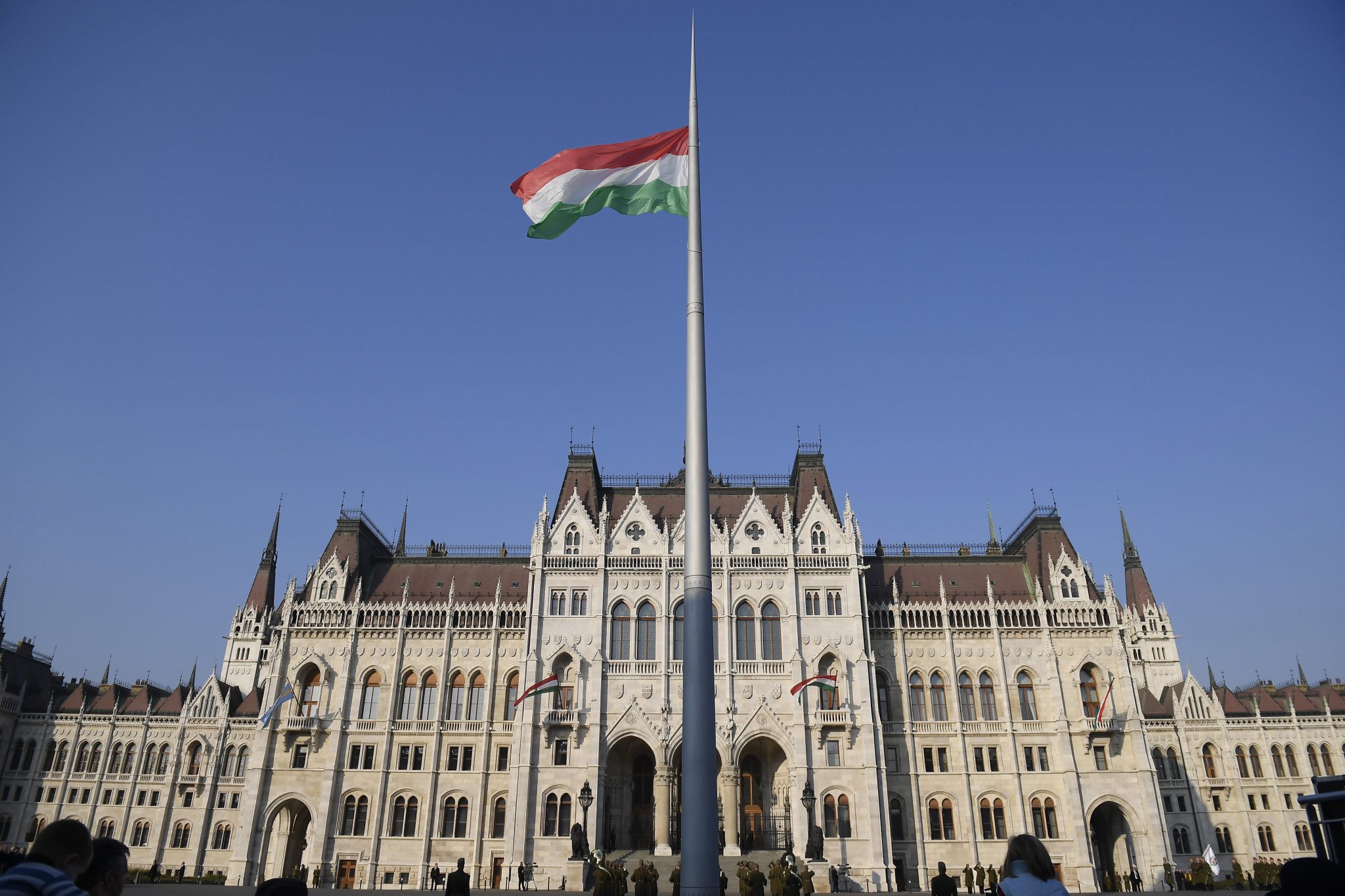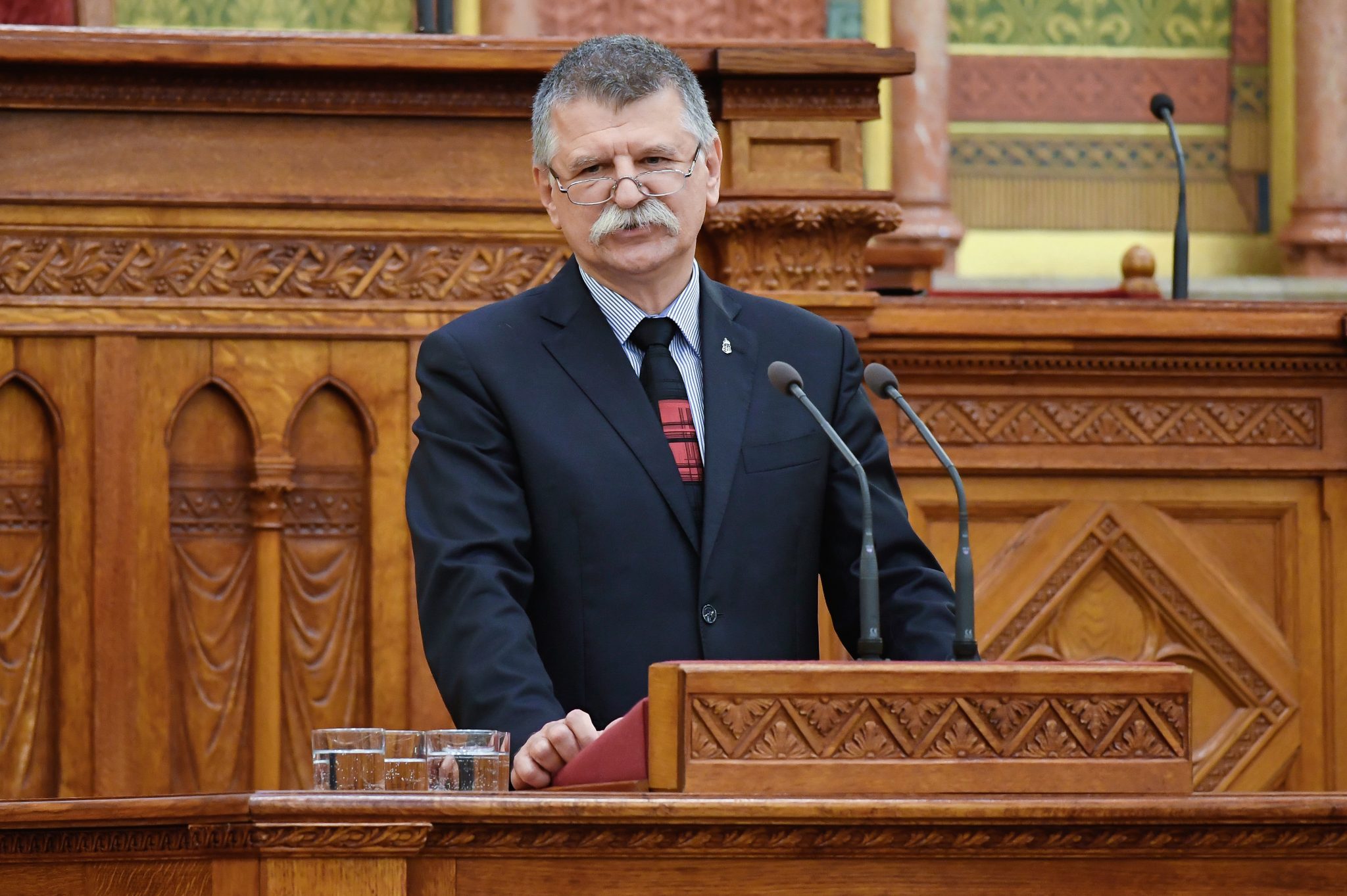
On the occasion of the 65th anniversary of the 1956 Revolution, numerous commemorative events are expected throughout the country, but as always, the largest events will be organized in the capital.Continue reading

The fall of the communist regime in 1989 was in part thanks to the heroes of the 1956 uprising, Speaker of Parliament László Kövér said in an interview to pro-Fidesz daily Magyar Nemzet on Friday, the eve of the 65th anniversary of the revolution.
Kövér noted that the number of witnesses to the events on October 23, 1956, was dwindling. “We have come to a turning point,” he said. While today’s adults could still hear first-hand accounts from their parents, “only a few of our children were lucky enough to talk to their grandparents about it; and younger generations will not even have that possibility,” he said.
October 23, 1956, started with peaceful demonstrations, Kövér noted.
Those working on the regime change in 1989 were also proud to achieve a peaceful transition, the House Speaker said, “although I think now that a few [slaps] would not have been out of place. It isn’t always good if a people handles conflicts so peacefully,” he said.
The fact that Ferenc Gyurcsány, the one-time Socialist prime minister, now the leader of the opposition Democratic Coalition (DK), is still present in Hungarian politics, “is shameful for the entire Hungarian opposition”, the Fidesz politician insisted. The opposition should have rejected Gyurcsány for “ruining the country and dismantling his own political community,” he said.
Gyurcsány’s presence “also brings shame to the Hungarian justice system,” he said, as he “conspired to topple Hungarian democracy ahead of the 2006 elections,” Kövér said.
By threatening his political opponents with prison and financial ruin, Gyurcsány is doing the same today, Kövér said. Meanwhile, the West “would prefer to collaborate with a neo-Bolshevik group today,” the Fidesz politician added.
Citing Prime Minister Viktor Orbán, Kövér said: “We thought Europe was our future but it turned out we were their future — that is, if Europe deigns to actually tackle issues regarding its future and pay attention to us, rather than engaging in empty communication stunts and conferences.”
Featured photo by Szilárd Koszticsák/MTI